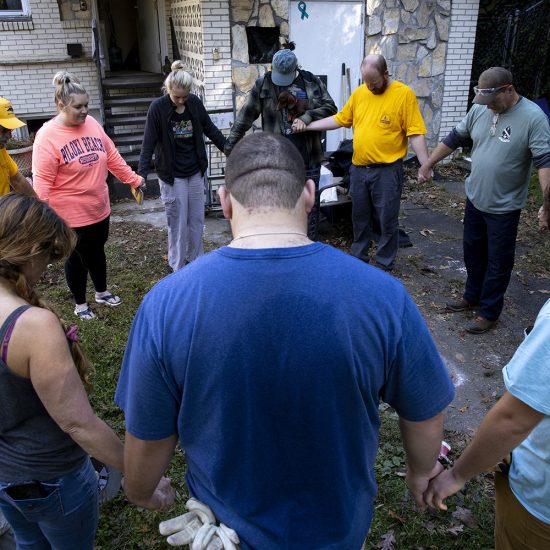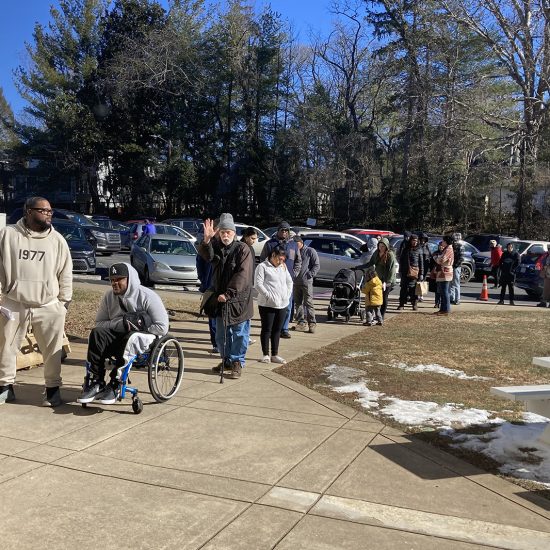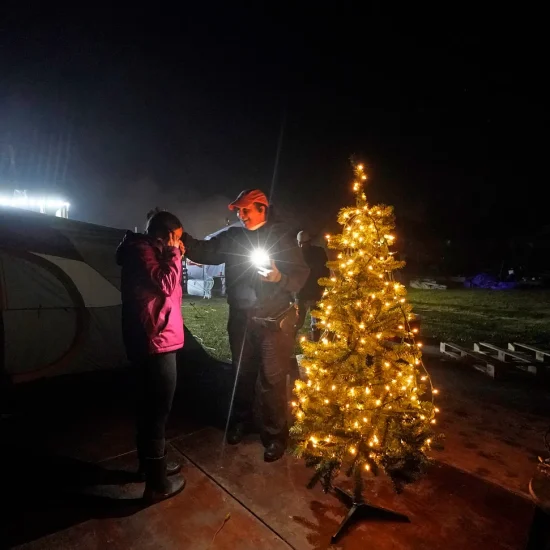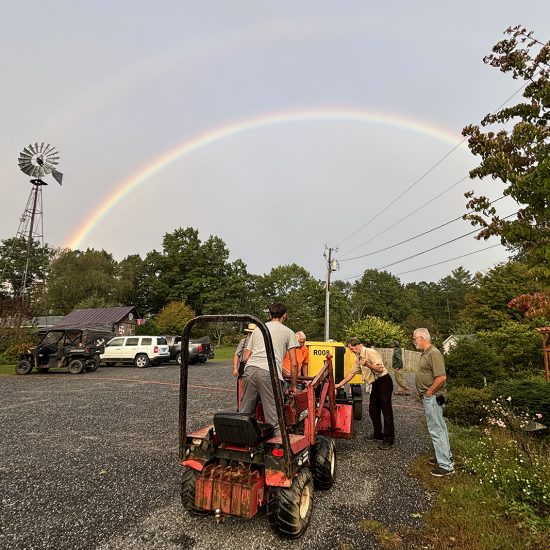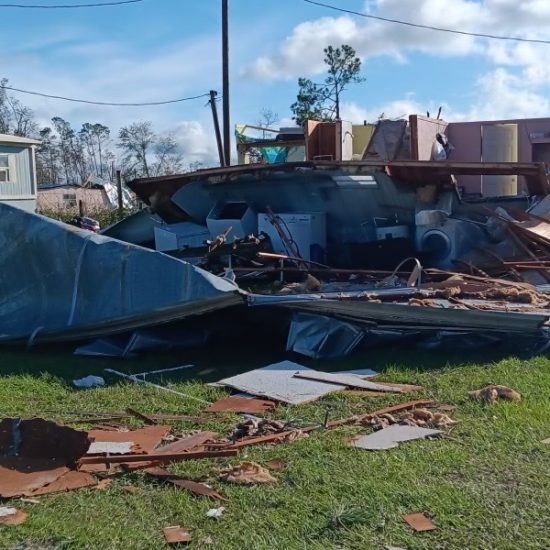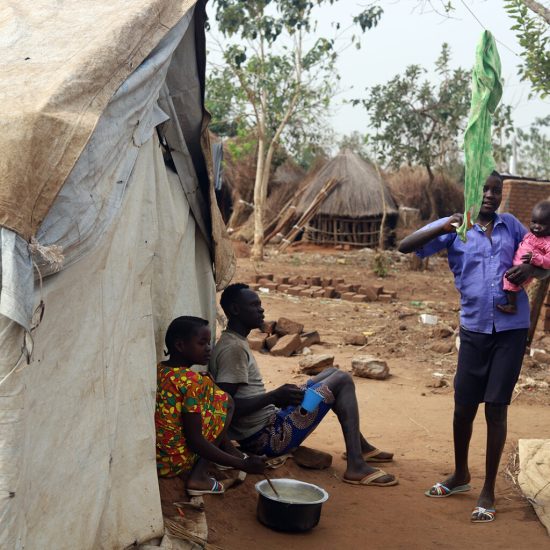At this time of year, when various weather conditions exist at seemingly opposite ends of the spectrum, homes, businesses and residents in some parts of the U.S. deal with contrasting natural disasters.
News from the western edge of American right now focuses on wildfires — literally wild and almost uncontrollable — sweeping across dry land, often stoked by high winds.
Out east and south, the culprit is the kind of rain that could help extinguish western fires but has instead been relentlessly attacking communities and regions, resulting not only in escalating property damage but high deal tolls.
One part of the population would relish a respite from ultra-dry conditions and rampant fires that defy control by any means. The photographs and video images that show the inferno and what appear to be death-defying firefighters dug in to stop the flames, both by land and by air. We wince every time we hear a news report of a trapped rescuer that has lost his or her life in such settings, sometimes simply because the winds shifted.
In several states along the east coast and across the southern belt of the nation — horrendous stories of rushing water and record rainfall include death tolls that seem to rise with the water levels. As with fires in California, Oregon and Washington (among other states), the danger in places like West Virginia and Texas at the moment presents itself with little warning on busy streets and roads and in neighborhoods where in many cases families have never been threatened by water as some are now.
In flooded areas, disaster relief volunteers and public service professions conduct rescue and recovery missions, battling the clock and rising water. Both in eastern and western locations, many displaced residents find them selves in temporary emergency shelter and taking meals produced by disaster teams.
Atmospheric conditions contribute to produce calamity at ground level, and the onslaughts are indiscriminant. Affected are people from all walks of life, from the impoverished to the wealthy.
A person cannot help but pray while watching news accounts of both fire and flood. After all, victims are seeing their lives and their circumstances change dramatically right before our eyes. We pray for the safety of rescuers, too, knowing some of them may experience injury or death in the service of others.
Reputable ministries can use monetary support that can be translated into aid for the hurting and fearful in such dramatic circumstances. The power of immediate communications via even portable technology brings viewers to the scene of danger, face-to-face with menacing fire and water. Seeing it all up close, we can easily be moved to do whatever we can to extend the life-saving efforts of people on location.
Certainly we all can do something.
Bill Webb is editor of Word & Way.

